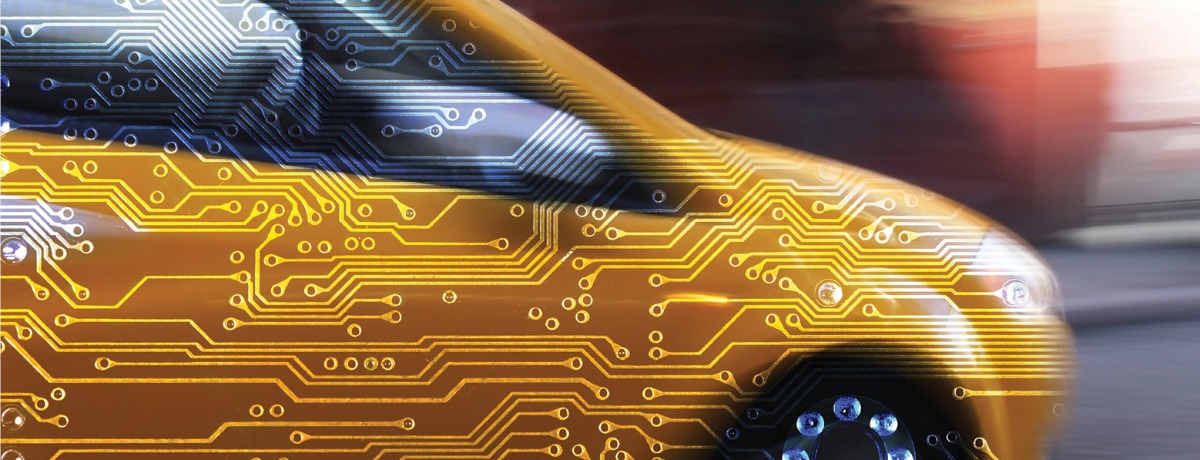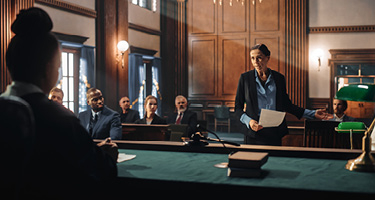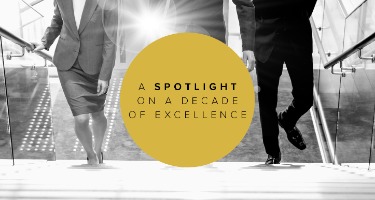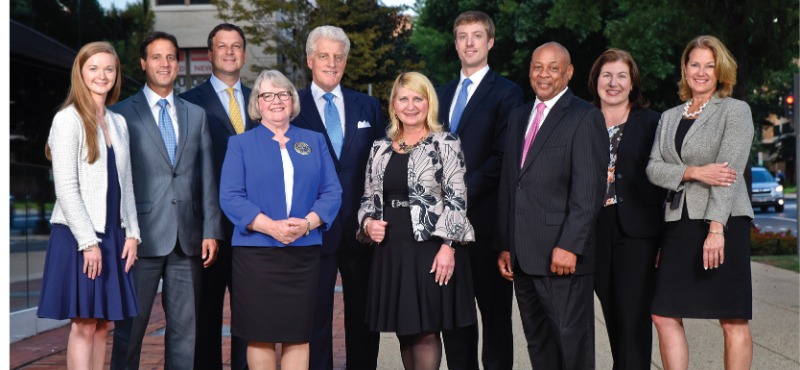The main question concerning autonomous vehicles is “when,” not “if.” They’re coming. And traversing the on-ramp to Level 5 SAE autonomy will likely put one in mind of the explosion of the internet in the late 1990s. (The Society of Automotive Engineers has established five levels of vehicular autonomy; Level 5, at which the car completely drives itself, is the highest.) The transformation will be fast and furious, so to speak, and the law will have to chase after and catch up.
What will be affected won’t just be one or two obvious areas of the law, such as product liability and regulatory oversight. The impact will be greater than that—which is why our firm, Baker Donelson, has assembled a multidisciplinary team of attorneys to address virtually every legal facet that autonomous vehicles (AVs) will affect. Among them:
Telecom
Next-gen 5G cellular connectivity is just starting to roll out across major U.S. cities. Because AVs will need to “talk” to a variety of infrastructure—traffic lights, toll readers, other vehicles—5G coverage is critical. Current 4G LTE connectivity is simply not fast enough to transmit and receive the massive amount of data necessary to make a system of AVs operable.
Telecoms will need to hasten the rollout of their 5G networks to support AVs and other “Internet of Things” components, all of which will compete for bandwidth. As such, these companies must look beyond their current tower-based coverage models toward distributed networks—which then raises the question of infrastructure itself.
Infrastructure
Government at all levels, from Washington down to local municipalities, will have to work with private companies to build out the infrastructure required for AVs to communicate. There will be antennae everywhere, almost literally—atop streetlights, telephone poles, and traffic signals, even embedded in roads—to ensure no dead zones. Governments simply don’t have the funds to cover this colossal expense. Public-private partnerships make the most sense for this piece of the puzzle, so governments will have to permit such collaboration—and then encourage it.
Automakers will for the first time be sitting on a trove of valuable information with many potential buyers.
Data Privacy and Hacking
AVs are essentially computers on wheels. Even non-autonomous vehicles have been hacked; consider the now-famous example of a Jeep being shut down on a highway in St. Louis (in a controlled experiment, it bears mentioning) in 2015. One of the biggest hurdles for carmakers and component suppliers, then, will be reassuring customers that the vehicles they’re riding in cannot be hacked.
That will require a tight partnership between telecom companies and infrastructure providers, as well as mandates that customers religiously update their cars’ software (preferably over the air, rather than having to bring a vehicle into a dealership).
Data privacy is a second concern. AVs will generate enormous amounts of data about vehicle locations, which creates a golden marketing opportunity. Say you’re in an AV that knows you stop at a certain coffee shop every morning on the way to work. On this day, though, it suggests you stop at a different place, and offers you a $2 coupon. Some might appreciate this; others will surely find it intrusive.
There are implications for the insurance industry as well. Although insurers have tried to lure customers with tracking devices in exchange for discounts (with little success), cars will now themselves generate granular data about time of use, miles driven, routes taken, and more. Will customers want to trade this information for lower premiums?
Automakers, on the other hand, will for the first time be sitting on a trove of valuable information with many potential buyers. Car companies will therefore need easily comprehensible privacy and data-sharing agreements for their customers to opt into or out of.
Real Estate
Beyond the obvious considerations presented by connectivity-boosting antennae in ever more numerous locations, both public and private, in the long term people’s real estate needs will change, and thus so will zoning and land-use laws.
At present, most car owners use their vehicle for only a small portion of the day. Did you drive to work today? If so, what’s your car doing? Sitting in a garage for eight hours or so. As AVs become more popular, the great American tradition of car ownership will dwindle. Autonomous vehicles will likely be owned primarily by large fleet companies and summoned at will—similar to what happens now with car-sharing companies, but with far more availability and consistency.
When fewer people own cars, there will be a greater shift toward drop-off and pickup lanes (like the ride-share lanes increasingly common at airports today), rather than expansive parking lots whose sizes are based on the square footage of the establishment they serve. Parking decks in office buildings and multi-family residential complexes will begin to be repurposed; fewer homes will have a garage. This exciting transformation in land use will be managed largely at the local level, and cities at the forefront will be the first to reap the true benefits of the AV revolution.
Liability
The National Safety Council estimates that in 2018, about 40,000 people died in the U.S. in car accidents, the vast majority of which are caused by human error. Remove the human risk factor, and the incidence of car accidents and deaths will plummet. Until every last AV achieves Level 5—and even after, of course—accidents will occur. While today the question of who or what is liable for a wreck is relatively straightforward, it gets blurry with AVs.
Assume, for instance, that your AV (which you aren’t driving) runs a red light and hits a pedestrian in a crosswalk. Are you at fault, like a dog owner whose pooch bites the mailman? Is the carmaker? Or is it the Tier 1 supplier of the AV software and components, which the automaker bought off the shelf and installed in its vehicle? What if the car company specified what kind of AV software it wanted, down to the lines of code, and the software developer simply provided it without real-world testing? Right now, in most states, the assignment of liability would be left to the courts, as the federal government hasn’t spoken on the issue.
All these questions, to be worked out in the years ahead, will affect the law in ways great and small. The journey is only beginning—and lawyers who stay keenly attuned to these developments will be best equipped to help provide directions.
Linda Klein is senior managing shareholder at Baker Donelson and is a past president of the American Bar Association. She regularly counsels on business dispute prevention and resolution, contract law, professional liability, risk and crisis management, ethics, and governance. She is particularly experienced in advising the construction, pharmaceutical, and higher-education industries.
Neel Gupta represents clients in liability defense and litigation, including trucking/transportation, products liability, premises liability, medical malpractice defense, general property and casualty liability, and insurance litigation. Neel leads Baker Donelson’s autonomous vehicles initiative and is building a multi-disciplinary team to advise OEMs and Tier 1s, as well as insurance companies, telecoms, and other industry players in this evolving field.
photo: ISTOCK.COM/OONAL
































